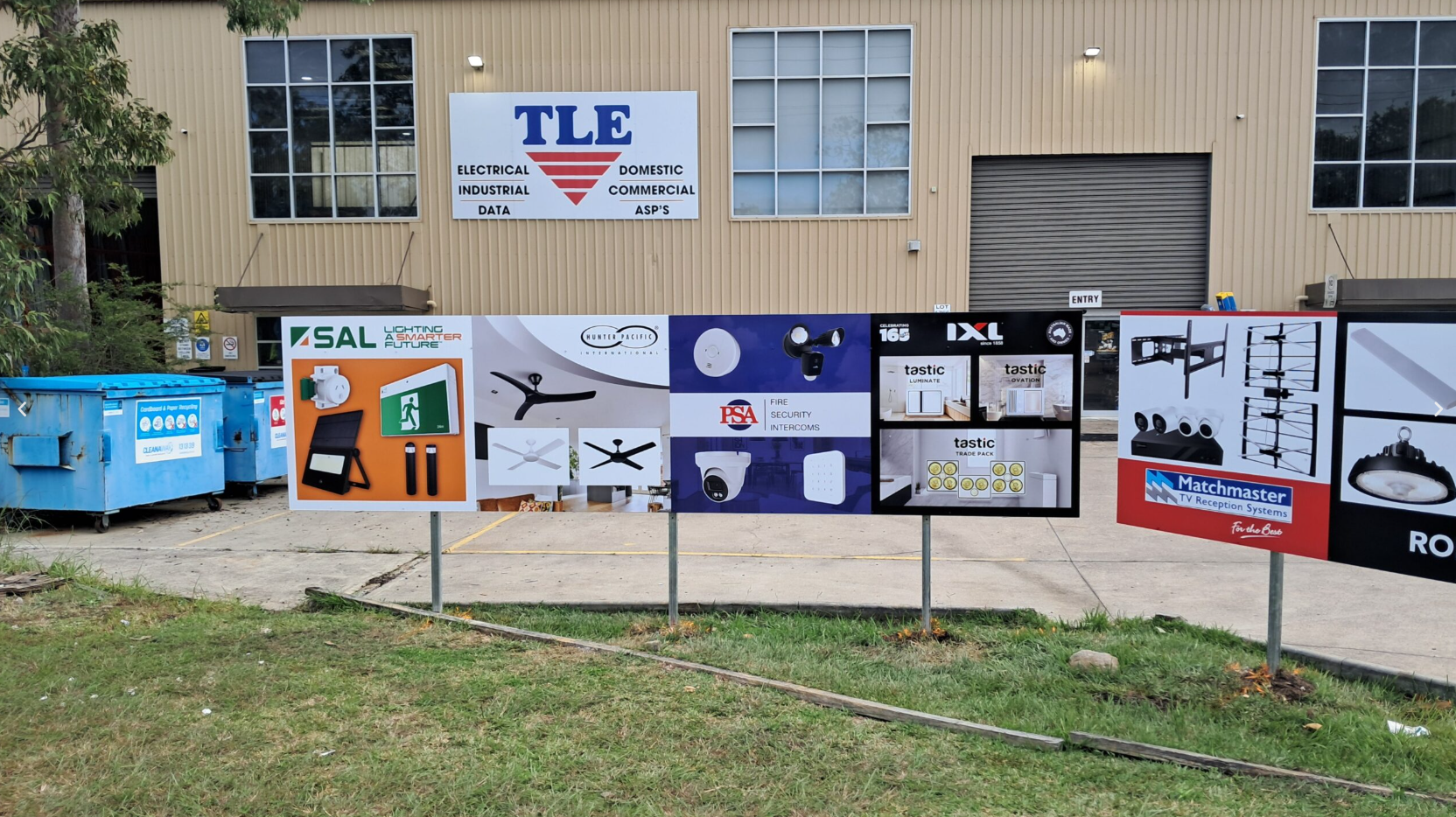The Rise of Usage-Based Car Warranty Plans
Understanding Usage-Based Car Warranty Plans
In recent years, the automotive industry has experienced a transformative shift in how warranties are structured. Traditional car warranty plans have predominantly focused on time and mileage, but the rise of usage-based car warranty plans signifies a distinct departure from this one-size-fits-all approach. Usage-based car warranties take into account the actual usage of the vehicle, including driving habits and conditions, allowing car owners to pay premiums that reflect their individual usage patterns. This innovative model not only aligns costs more closely with risk but also incentivizes responsible driving behavior. By examining how these plans work, we can better appreciate their role in the evolving landscape of vehicle ownership.
The Mechanics of Usage-Based Warranties
Usage-based car warranty plans typically rely on telematics technology to gather data regarding a vehicle’s operational status. This can include mileage, driving speed, braking patterns, and even the types of roads driven on. The data collected is analyzed to assess the condition of the car and predict the likelihood of mechanical issues arising. As a result, warranty premiums can be adjusted accordingly; drivers who demonstrate safe and low-stress driving patterns may enjoy lower rates. This dynamic pricing model allows consumers to feel a greater sense of control over their expenditures while receiving tailored coverage suited to their vehicle’s actual usage.
Benefits of Usage-Based Car Warranty Plans
One of the most significant advantages of usage-based car warranty plans is the financial flexibility they offer. Customers can potentially save money on their premiums if they use their vehicle less frequently or drive more conservatively. Additionally, these plans can provide a higher degree of transparency, as drivers are more informed about what they are paying for in relation to their specific usage patterns. Furthermore, since the plans emphasize responsible driving habits, they can lead to better overall vehicle maintenance and longevity. This reduction in the risk of accidents and breakdowns ultimately benefits both the consumer and the insurance provider.
Shifting Consumer Preferences in the Warranty Market
Consumer preferences have evolved dramatically over the years, with many modern car buyers seeking more personalized and adaptable services. The demand for usage-based car warranty plans reflects this trend, as it provides consumers with a warranty that genuinely resonates with their unique needs. As buyers become more educated about their purchasing decisions, they are increasingly favoring warranties that offer flexibility and adaptability over rigid traditional models. The ability to customize warranty coverage has become a significant selling point for dealerships and manufacturers alike, driving the growth of usage-based plans in the marketplace.
The Role of Technology in Usage-Based Warranties
The rise of technology has been a driving force behind the adoption of usage-based car warranty plans. With advancements in telematics, smartphones, and connected vehicles, data is more accessible than ever. This proliferation of technology allows warranty providers to implement real-time monitoring and analysis of a vehicle’s performance. Moreover, the integration of mobile applications gives consumers instant access to their vehicles’ health metrics, warranty status, and any potential issues that may need addressing. As technology continues to evolve, we can expect even more sophisticated usage-based warranty solutions to emerge, further enhancing the customer experience.
Challenges Faced by Usage-Based Car Warranty Plans
Despite their benefits, usage-based car warranty plans face several challenges in gaining widespread acceptance. One of the biggest hurdles is consumer skepticism; many potential customers are hesitant to trust data-driven pricing models and fear hidden costs. Additionally, the complexity of the data might be overwhelming for some drivers, who may not fully understand how their driving habits can affect their warranty coverage. Educating consumers about how usage-based warranties work and their potential advantages is essential for increasing adoption rates. Furthermore, warranty providers must ensure that they clearly communicate the terms of these plans to foster trust and confidence among drivers.
The Impact on the Automotive Insurance Industry
The rise of usage-based car warranty plans is poised to influence the automotive insurance industry significantly. As more drivers adopt these innovative warranty structures, traditional insurance companies may be compelled to reconsider their own pricing models. Insurers already utilize telematics for pay-as-you-drive insurance products, and integrating warranty coverage into this framework may prove beneficial. By combining insurance and warranty offerings, companies can create more comprehensive and appealing products that address the needs of modern drivers who are seeking greater control over their expenses and coverage.
The Future of Car Warranty Plans
Looking toward the future, it is evident that usage-based car warranty plans will play a critical role in shaping the automotive landscape. As more consumers demand personalized, flexible solutions, both manufacturers and insurers will need to adapt to cater to these expectations. The integration of advanced technologies such as artificial intelligence and predictive analytics could further revolutionize the warranty space, enabling providers to offer even more tailored and proactive service. Ultimately, as usage-based warranties gain traction, they promise to redefine what car ownership looks like in the modern age.
Conclusion: Embracing Change in Car Warranty Coverage
The rise of usage-based car warranty plans reflects the broader trend of personalization and adaptability across various industries. As consumers become more savvy, they increasingly seek options that resonate with their lifestyles and driving habits. By embracing this innovative approach, both consumers and providers stand to gain significant advantages—be it through financial savings, enhanced transparency, or superior vehicle maintenance. As the automotive industry continues to evolve, usage-based warranties represent a progressive step forward, setting the stage for a new era in car ownership and warranty coverage.













